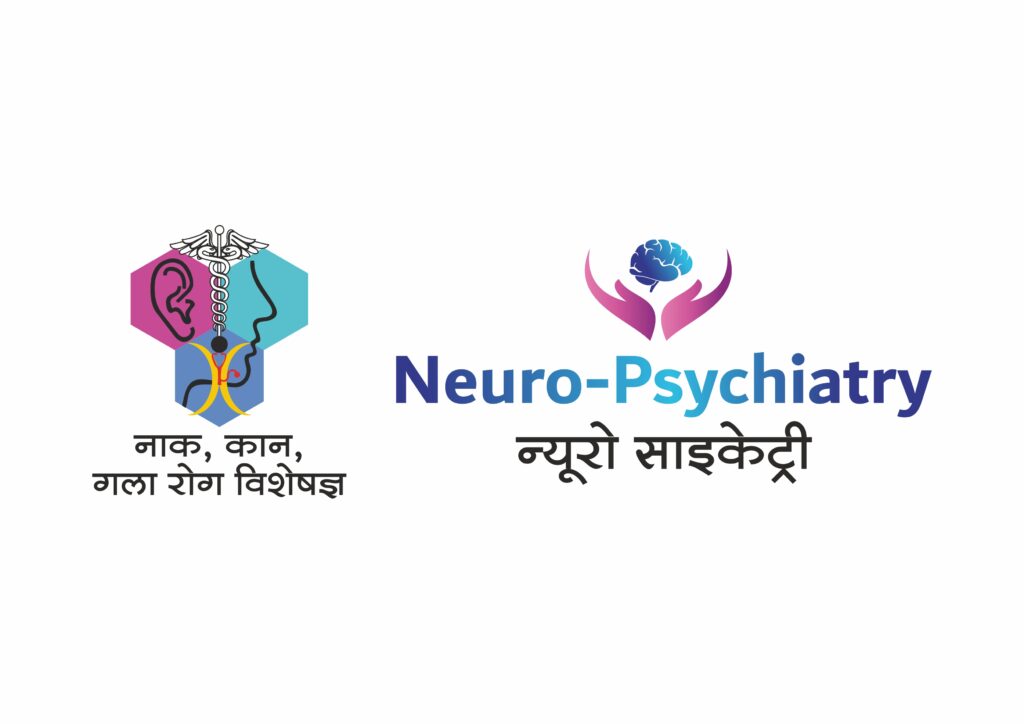Navigating your child’s healthcare can be daunting, especially when it comes to day care treatments. These treatments, often short-term medical procedures, don’t require overnight hospital stays. Understanding them can be vital for ensuring your child’s swift recovery and maintaining the smooth running of family life. In this blog, we’ll provide essential insights into day care treatments, recently evolving health strategies, and their potential impact on recovery times for children. As these treatment methods evolve, being informed helps in making timely and effective health decisions.

What Are Day Care Treatments?
Day care treatments refer to medical procedures that are completed within a single day. They differ from inpatient treatments, which involve overnight hospital stays, and even outpatient services, that might not be quick enough for day care. These treatments are designed for instances where a child may need a medical procedure but can safely recover at home. Examples include surgeries like tonsil removal or minor eye surgeries.
In contrast to a lengthy hospital stay, a day care procedure offers the convenience of receiving medical treatment without staying the night, making the whole experience less stressful for children and parents alike. Daycare treatment not only fits around usual routines more easily but also tends to have quicker recovery times compared to traditional hospital stays.
A Comprehensive Day Care Treatment List
There are various day care procedures available that cover multiple medical specialties:
- Eye surgeries like cataract removal
- Dental treatments, including routine cleanings or fillings
- Minor surgeries like hernia repairs or skin lesion removal
These procedures are typically scheduled with convenience in mind, allowing for recovery at home with minimal disruption to daily life.
Benefits of Day Care Treatments for Children
The primary advantage of day care treatments is the reduced time spent in a hospital environment. Kids can sometimes feel anxiety in hospitals, so getting them treated and back into their routine quickly is a win. Day care treatments also tend to be very cost-effective. Shorter hospital visits translate into lower costs, easing financial pressure on families.
Moreover, a quick return to familiar surroundings can support faster recovery. Less time in hospitals means children experience fewer disruptions to their everyday life. They can return to play and school routines sooner, contributing to overall well-being.
How Health Insurance Covers Day Care Procedures
Understanding how day care treatments in health insurance work is crucial for minimizing out-of-pocket expenses. Most insurance companies categorize these procedures differently compared to regular outpatient coverage. For example, insurance might cover an extensive day care procedures list but not include regular outpatient visits or consultations. It is essential to check if all day care procedures are covered under your policy.
Many policies, like those from Star Health, offer comprehensive options that specifically include day care treatments. Ensure you go through the day care treatment meaning and benefits within your policy to make the most of your insurance plan.
Preparing Your Child for a Day Care Procedure
Preparing your child for a day care procedure involves open communication and planning. Talk to them about what to expect, using simple words to explain the procedure and why it’s needed. Pack essential items for the day, including snacks and comfort items like a favorite toy or blanket. Ensuring comfort before the procedure can help reduce anxiety.
On the day of the treatment, follow any instructions given by the medical team, such as fasting or medication guidelines. After returning home, focus on post-procedure comfort. Provide a calm environment and adhere to any specified care routines to encourage a swift recovery.
Ensuring a Safe Day Care Treatment Environment
Choosing the right facility for your child’s day care treatment is crucial. Ensure the center is certified and follows stringent hygiene protocols. This choice can significantly reduce the risk of infections and complications.
When selecting a facility, consider the expertise of staff and their experience in handling pediatric procedures. Ask questions about their emergency protocols and cleanliness practices to ensure your child’s safety and well-being.
Future Trends in Day Care Treatments
Advancements in medical technology are making more procedures suitable for day care settings. Procedures like simple biopsies, MRI scans, and certain dental surgeries are increasingly adaptable to day care treatments.
Emerging trends indicate a shift towards more flexible treatment options that can be completed faster and more efficiently in a day care setting. Keeping up with these advancements can help in making informed decisions about your child’s healthcare.
Conclusion: Key Takeaways for Parents
Day care treatments play a significant role in modern child healthcare by offering quick, efficient, and less stressful medical procedures. Staying informed about these treatments can streamline your child’s healthcare experiences, reduce anxiety, and optimize family scheduling.
Encourage a continuous learning attitude towards medical options. Balancing knowledge of various treatments, implementing effective recovery strategies, and ensuring constant awareness of new developments will always benefit your child’s health journey.


